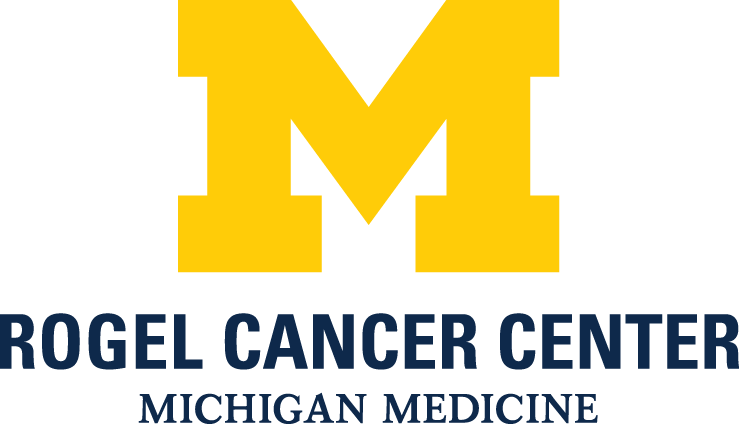
Dr Reichert on Novel Agents and Pathways Being Explored in Prostate Cancer

Zachery Roger Reichert, MD, PhD, discusses novel agents and pathways under exploration in prostate cancer.
Zachery Roger Reichert, MD, PhD, clinical associate professor, Internal Medicine, Hematology/Oncology, the University of Michigan Rogel Cancer Center, discusses novel agents and pathways under exploration in prostate cancer.
Although many pathways are being explored in prostate cancer, questions remain regarding the pathways that should be targeted, Reichert begins. In an OncLive® State of the Science Summit™, Reichert and colleagues from the Rogel Cancer Center each gave presentations on topics spanning genitourinary cancer treatment. In his presentation, Reichert provided updates on pathways involved in lineage plasticity, a clinical phenomenon that is becoming increasingly common as variants of prostate cancer arise that are not dependent on androgen receptors. Thus, in many patients with prostate cancer, therapies geared toward the androgen receptor are not effective, and additional therapies for these patients are needed, he emphasizes. Reichert says that although oncologists are finding better ways to identify these patients, the best treatment strategies for this population have yet to be determined.
JAK/STAT inhibitors are available for patients with prostate cancer, and more are under investigation, as well astherapies targeting DLL3, another protein involved in lineage plasticity, Reichert expands. Notably, a host of other epigenetic and immune modulating drugs are also being explored, he says. These patients may also respond to immunotherapy, which has always been a holy grail for prostate cancer, Reichert emphasizes. Moreover, PSA remains an exciting pathway, especially with the 2022 FDA approval of Lutetium Lu 177 vipivotide tetraxetan (Pluvicto) in patients with prostate-specific membrane antigen (PSMA)–positive metastatic castration-resistant prostate cancer. This agent is the first of multiple different PSMA-directed therapies that may gain approval, Reichert adds.
Moreover, antibody-drug conjugates and small molecules targeting PSMA are also entering the prostate cancer treatment landscape, Reichert says. The entire PSMA pathway may be exploited in different ways, which may become an issue, Reichert warns. If more than 1 available agent targets a certain pathway, optimal treatment sequencing with these agents will need to be defined, and combination regimens may be possible, he explains. These research questions may be answered in the future, Reichert concludes.




































